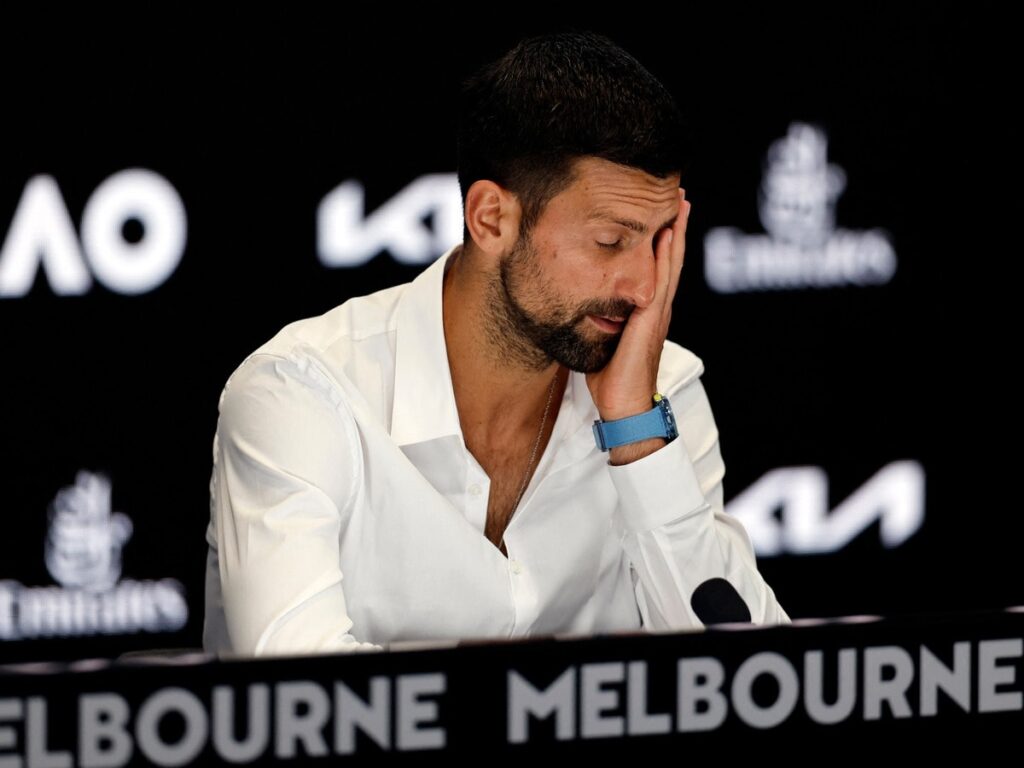Novak Djokovic, the renowned Serbian tennis player, made a shocking revelation regarding his experience in Australia during 2022. He claimed that he was served toxic food which led to severe health issues. Djokovic stated that this incident resulted in elevated levels of lead and mercury in his body, raising concerns about food safety and athlete wellbeing.
Health Concerns: The Aftermath of Toxic Food
The implications of consuming toxic food are significant, particularly for professional athletes like Djokovic, whose performance heavily depends on their physical condition. High levels of lead and mercury can lead to serious health complications, including neurological disorders and decreased immunity. Understanding the sources and effects of such toxic substances is crucial for both athletes and the general public.
Lead and Mercury: What Are the Risks?
Lead and mercury are harmful heavy metals that can accumulate in the body, leading to a range of health issues. Here’s a breakdown of each:
| Heavy Metal | Health Risks | Sources |
|---|---|---|
| Lead | Neurological damage, developmental issues, increased blood pressure | Contaminated water, lead paint, certain traditional medicines |
| Mercury | Neurological and behavioral disorders, damage to kidneys and lungs | Contaminated fish, industrial pollution, dental amalgams |
Djokovic’s Experience: A Cautionary Tale
Djokovic’s claims bring attention to the importance of food safety and the responsibilities of food providers, especially in high-pressure environments like sports. The implications extend beyond individual health, affecting public perception of food safety regulations in sporting events around the world. Furthermore, it raises questions about the potential vulnerability of athletes to food contamination during travel.
Preventive Measures for Athletes
To mitigate the risks associated with toxic exposure, athletes take several proactive steps:
- Regular Health Screenings: Frequent check-ups to monitor heavy metal levels.
- Diet Management: Careful selection of food, emphasizing sources known to be free from contaminants.
- Awareness Programs: Staying informed about food safety regulations and potential sources of contamination.
Conclusion
Novak Djokovic’s alarming account of being served toxic food in Australia serves as a critical reminder of the potential dangers that athletes face concerning food safety. High levels of lead and mercury can pose significant health risks that can jeopardize an athlete’s career and well-being. This situation highlights the need for stricter regulations and vigilant practices in food preparation and safety, not only for professional athletes but for everyone. Learning from Djokovic’s experience could lead to improved food safety standards, safeguarding the health of athletes and the general population alike.
